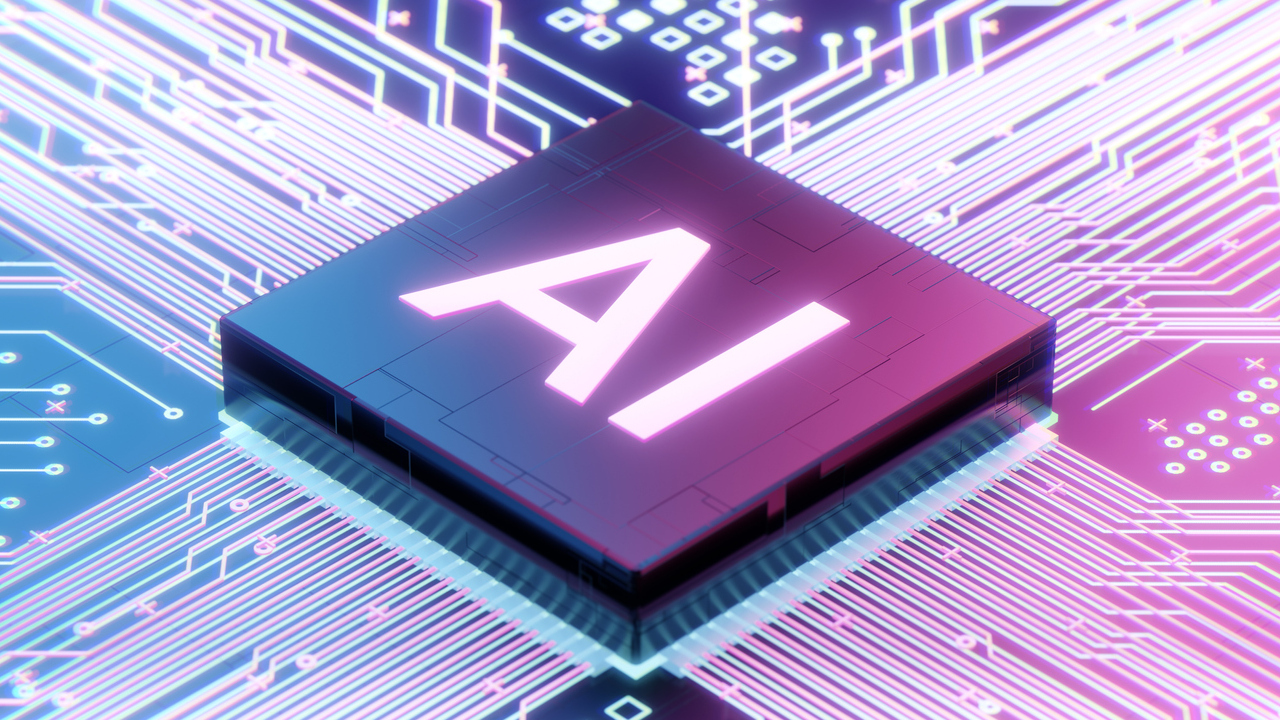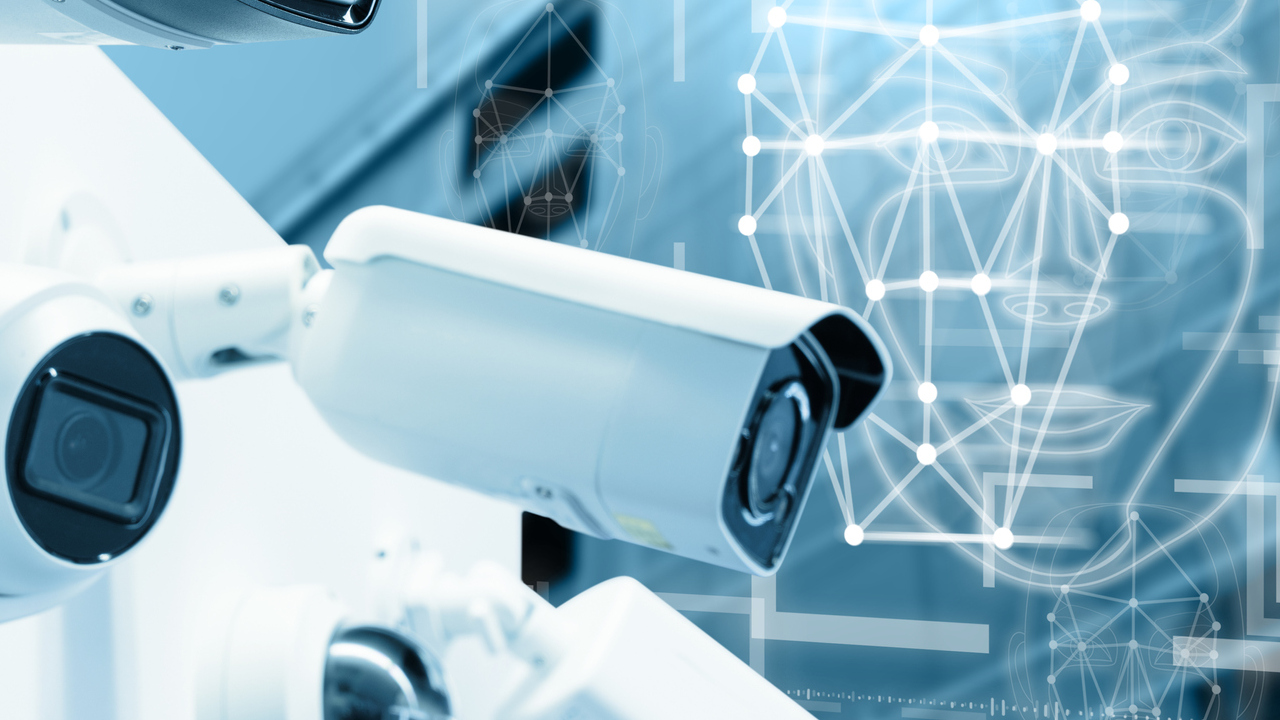In 2022, a momentous event occurred that forever changed the trajectory of human history. OpenAI unveiled DALL-E and ChatGPT — two powerful artificial intelligence tools that give any person with an internet connection the gift of artistic expression and storytelling. With the power of these tools, people are now no longer constrained by their physical or cognitive limitations, and can now turn their wildest ideas into masterpieces with ease. But as with any revolutionary technology, there is a dark side to consider: the possibility that these AI tools, and those yet to come, will ultimately replace human creativity altogether.
These AI applications harness the power of machine learning to create stunning works that were once thought impossible for a machine. Prior to their release, AI-generated content was limited and simplistic. Now, it has passed the famous Turing Test and can answer just about any question you ask it.
As AI continues to evolve and permeate the world of art and writing, many artists and writers are understandably apprehensive about its impact on their livelihoods. So much so that lawsuits have been filed against AI applications for copyright infringement. I find it difficult to support efforts to outright ban or severely limit technology as it will likely come at the cost of the enrichment of future generations.
I empathize with artists and writers who may soon be out of a job. However, more dangerous than AI is the fact that there are groups of people willing to stifle innovation to protect their livelihoods. The concerns they have are not new, and they certainly will not be remembered fondly for their attempts to roll back change; history has shown us that innovation has always brought benefits to society as a whole, even if it meant displacement for some individuals. The car replaced the coachman, the machine replaced the blacksmith, and computers replaced — well — a lot of people.
However, artists and writers need not despair, for there is one aspect of AI that will forever elude it: the very essence of what makes us human. Every piece of art and writing is a reflection of the individual artist or writer, and their unique experiences, emotions and worldview. To believe that AI could ever fully replace human creators is to misunderstand the very essence of artistic and literary creation. Would Van Gogh’s iconic “Self-Portrait with Bandaged Ear” hold the same emotional power if it were meticulously replicated by an AI, stroke by stroke? I think not. Even better, AI empowers those who have great ideas and stories to tell but lack the artistic capability or financial means to make them a reality.
There are obvious concerns about AI that need to be addressed — the biggest right now, the use of it in schools.
ChatGPT has proven that it can pass a litany of professional exams such as those for medical licensing and MBAs. GPTZero is a recently developed tool that aims to fight back against the widespread use of AI in schools. This tool determines whether a given text was generated by AI by analyzing its average sentence “perplexity.” The website defines perplexity as “the randomness of the text.” While the intention behind the development of this tool is admirable, it ultimately proves to be ineffective and potentially more harmful than AI itself because AI detectors don’t have the unambiguous detection criteria that plagiarism detectors have, and the consequences of false positives are too great for academics and professionals, with one mistake meaning the end of a career.
Developers of AI tools must understand that their endeavors will be in vain. As AI continues to advance, it will likely become more adept at tricking AI detectors. In fact, it likely can already. For schools, in-person exams remain the most effective means of preventing cheating. But the mass hysteria over its use in homework entirely misses the point. Homework should be a moment of teaching, not a “gotcha” moment to catch cheaters.
Teachers: All of your students, rich and poor, were just handed a free tool that can teach them your class’s content and convey it to them in their preferred format at any time. That’s powerful. That’s democratized education. So, why not encourage students to learn from it? Here are two solutions I have for teachers. The first solution is that the teacher can assign a topic and require that students ask ChatGPT at least five questions about the topic. ChatGPT could then provide answers, and students could be required to discuss them in class in conjunction with the lesson plan, with random students called on to ensure that everyone is engaging with the material. The second solution is that the teacher can administer a brief, five-minute exam in class containing a single, randomly selected question covering the material, which would comprise 50% of the homework’s overall grade. I fully expect that teachers will adapt and use this technology to educate students further.
Change can be daunting, and I understand the fears that many of us share about the impact of AI on our society. But it’s important to remember that we are small players in the grand narrative of humanity, with new chapters being written every day. Our current concerns about AI may seem significant now, but they will eventually be insignificant. The immediate future of AI is uncertain, and there will be conflicts and controversies, but one thing is for certain: AI can be good or bad; it’s only a matter of perspective.
Armstrong Williams is a political commentator, author, entrepreneur and is founder of Howard Stirk Holdings, which creates multifarious content relative to politics, entertainment and topics of social and cultural relevance. With seven television stations as subsidiaries and plans for growth, the Federal Communications Committee designates Armstrong Williams as the largest minority owner of broadcast television stations in the United States.
Williams is a partner of Chateau Eze Hotel in the South of France and several real estate holdings throughout the U.S. He also holds a live radio show Monday through Friday on Sirius XM and hosts a national broadcast network TV show on Sinclair Broadcast Group and Howard Stirk Holdings affiliates. Williams was the business manager and current advisor to world-renowned neurosurgeon Dr. Benjamin Carson.
In 2016, Armstrong Williams was recognized by the Multicultural Media Correspondents as their Media Owner of the Year. Armstrong Williams is also warmly recognized for starting the Howard Stirk Holdings Media Fellows and D.C. Opportunity Media Scholarship. He donated $250,000.00 to his alma mater South Carolina State University in 2017.





